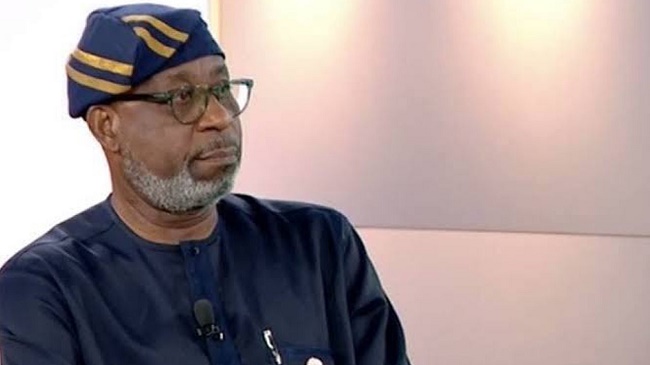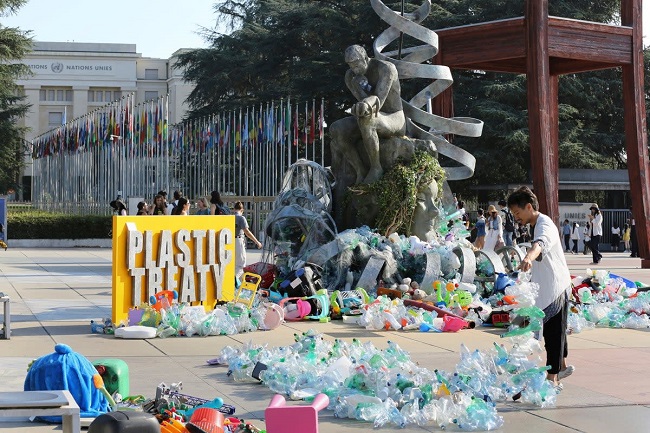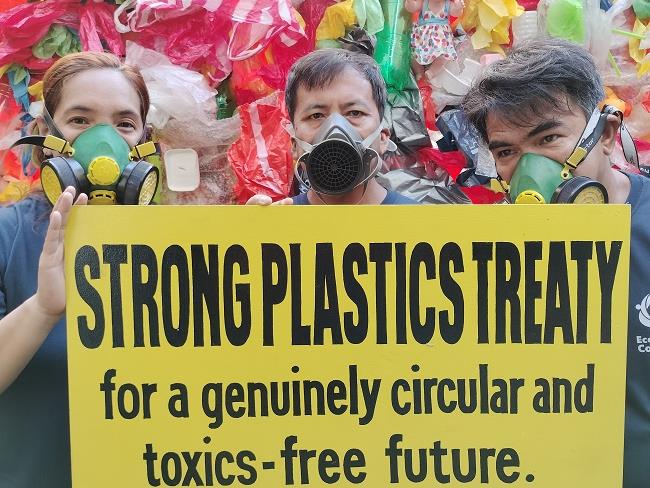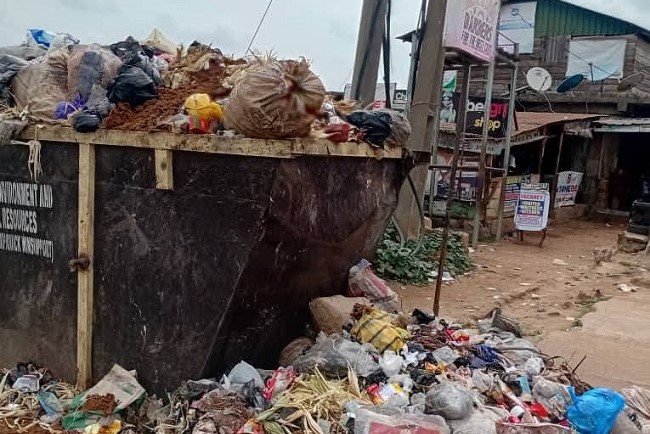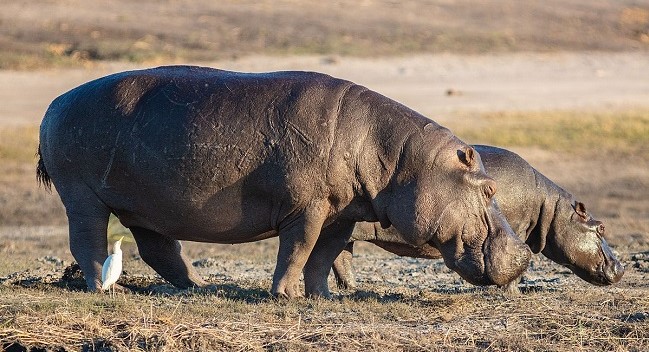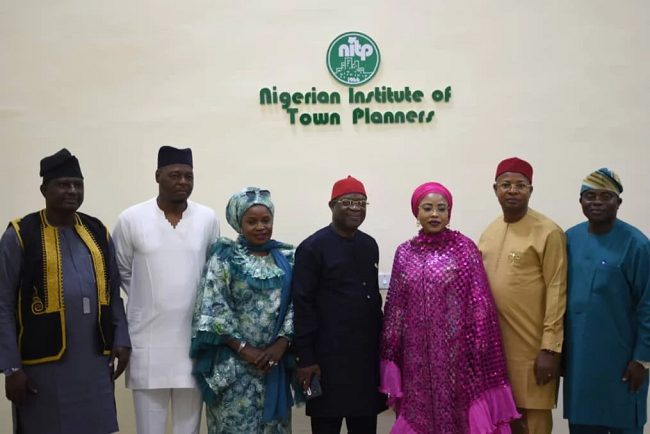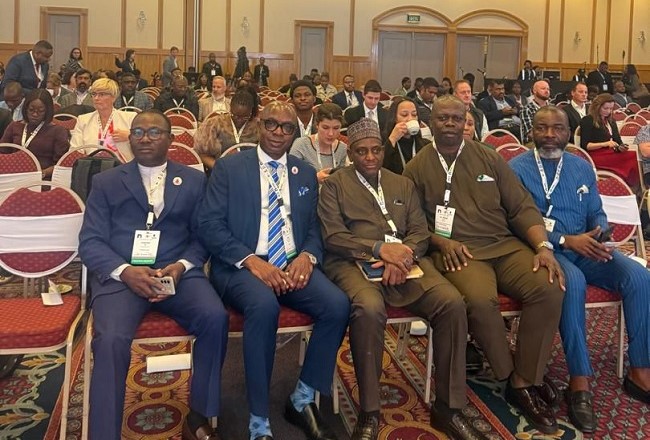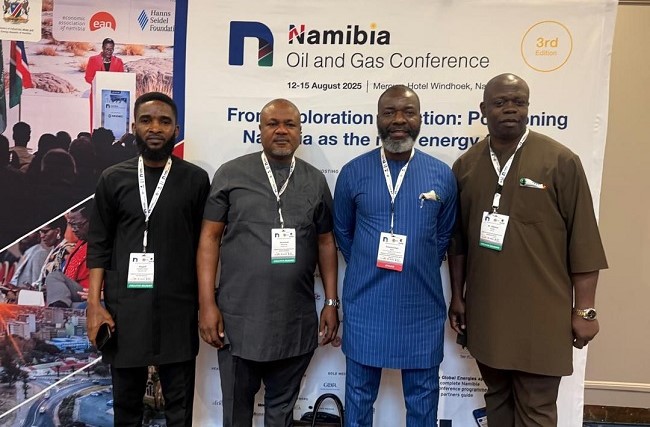Veteran journalists and media experts from across Africa have shared concrete strategies and practical recommendations on how the media can strengthen reportage on natural resources, environment, climate change, and science (NECS) issues.
The journalists, who had gathered in Kumasi on Tuesday, June 3, 2025, for the Second Biennial Media Forum on Natural Resources, Environment, Climate Change and Science (BiM-NECS 2), made a strong case for sustained, in-depth, and community-focused NECS reporting that moves beyond surface-level coverage.
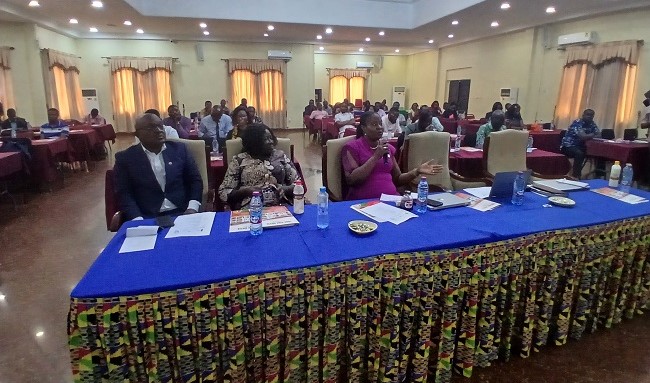
Speaking from their own experiences in newsrooms and on the field during a panel discussion session, the participating journalistsfrom Ghana, Kenya, and Nigeria, stressed the need for people-centred storytelling, sustained coverage, better collaboration, and stronger data use in NECs focused journalism.
People centred stories and long-term coverage not episodic
Joining the discussion virtually, CEO of the Kenyan Editors Guild,Rosalia Omungo, stressed that impactful storytelling begins with placing people at the centre. “We must tell stories with individuals as the central character,” she said. “If the stories are for a community, then we highlight their challenges, what is at stake, and how government is intervening. Speak about who needs to act and the conflicts within the community, these make stories come alive.”
Madam Omungo also urged journalists to follow the money, pointing out that conflicts often have financial drivers, such as corporate interests in mining. She advised that environmental reporting should also focus on how communities cope with climate change, adding that they should break down complex data into simple, relatable terms, and use striking visuals to make stories memorable.
From Nigeria, Editor-in-Chief of EnviroNews Nigeria, Michael Ohioze Simire, who also joined virtually, called for sustained long-term coverage rather than episodic reporting tied to crises or commemorative days. “Environmental reporting should not be limited to floods or World Environment Day. Journalists should also specialise in the field and take advantage of available training, especially online to improve their capacity,” he said.
Localise global climate issues
News Editor and Head of Science and Environment Desk at JoyNews, Kofi Adu Domfeh, reminded reporters on the NECS beat, of the need to localise global issues like climate change to make them relevant to specific audiences, whether in coastal, forest, or inland communities. He urged them to follow the international climate change agenda to sharpen their reportage in that area.
“You need to track developments in the UN climate change arena, especially Ghana’s Nationally Determined Contributions (NDCs). “Many Ghanaians don’t know what’s happening in that space,” he said. “Too often, what is discussed globally is not shared locally, yet it shows if our leaders are delivering. By 2030, we won’t meet our targets if we rely only on foreign funding. Our budget must invest in climate resilience across sectors.”
Kofi added that responsibility also rests with us as individuals: “We can contribute through simple actions like planting trees, reducing our plastic use, and making environmentally responsible choices. Even planting one tree each year, perhaps on your birthday, can make a difference. Let’s stay informed about policy directions, get actively involved, and do our part in building resilience.”
Pair the numbers with real people’s experiences and stop extractive story telling
Communications Officer at Proforest and former Metro TV reporter, Naana Nkansah Agyekum, advised journalists to embrace data-driven storytelling: “let the statistics and research guide us, then bring them to life through the human-interest angle. Pair the numbers with real people’s experiences and perspectives so the story resonates on both factual and emotional levels.”
She further advised them on the importance of understanding the landscape. “Know the trends, stay updated on new developments, and be familiar with the laws that govern the issues you cover. When you know what the law says, you are better equipped to hold leaders accountable.”
When it comes to reporting in the face of challenges such as intimidation, Naana noted that much depends on the media house one works with. “Some will defend their journalists, others won’t,” she observed, adding: “But if you focus on powerful, community-based stories about sustainability and the struggles of ordinary Ghanaians, those are the stories that win global recognition and the rewards that come with it.”
The former Ashanti Regional President of the Ghana Journalists Association (GJA) and Regional Manager of the Ghanaian Times, Kingsley Hope, called for an end to “extractive storytelling”- the reporting that ignores the perspectives of affected communities. Instead, he urged colleagues to centre their work on people’s lived experiences, local coping strategies, and solutions that resonate with the audience.
Kingsley called for strengthened collaboration among journalists, researchers, and scientists to produce accurate, data-driven stories. Such collaboration will enable “journalists access the right information, so we can break down complexities and tell the stories as they should be told,” he said, and reminded participants that restoring ecosystems is directly linked to human well-being.
Highlight the politics of climate change and carve a niche
One journalist expressed concern about the impact of the current dominance of political news in the media, saying, “it draws bigger audiences and advertising revenue, and is crowding out critical coverage of NECS issues.”
But another stressed: “Politics obviously sells. But climate change and environmental stories can also sell if we package them well. So, if politics is the priority of our newsrooms, let’s highlight the political aspects of climate stories, because politics is about development, and climate issues are developmental issues.”
The journalists acknowledged the important role of newsroom leadership in sustaining NECS coverage. They suggested the creation of NECS desks, even if reporters share the beat with other assignments, to ensure consistent reporting. “Yes, your editor may want you to be covering other beats. But define something for yourself within the NECS space. And playing in this same space is not only about being a ‘local journalist,’ but being a strategic journalist of global repute.”
Other non-media participants shared the importance of journalists carving out a niche for themselves. They argued that carving out a niche such as a beat on “natural resource politics” or “environmental commerce,” not only builds expertise but also opens professional opportunities.
Concluding messages
They called for a national collaborative strategy involving public institutions, academia and civil society to protect and support journalists covering sustainability related issues, especially in situations where they are assaulted in the course of their work.
In their collective takeaway, the journalists agreed that: environmental reporting in Ghana needs to be sustained, investigative, data-driven, and people-centred if it is to have lasting impact. “The stories that change lives, win recognition, and create opportunities are those that tell the everyday struggles and resilience of ordinary people,” one participant concluded.
And the panel’s collective message was clear: impactful NECS reporting demands people-focused storytelling, sustained coverage, stronger collaborations, data literacy, global awareness, and personal commitment to environmental stewardship.
About BiM NECS 2
BiM NECS 2 was organised by the Media Platform on Environment and Climate Change (MPEC), in partnership with the Afro-Sino Centre of International Relations (ASCIR) and The Steminist Foundation Ghana, and supported by Proforest Africa Regional Office in Accra and Tropenbos Ghana. It was on the theme: “Ecosystem Restoration: The Politics, the Science, the Human, and the Economy.”
Aside media personnel, other participants at the Forum were from the EPA, Forestry Commission, UENR, KNUST, Council for Scientific and Industrial Research (CSIR) and civil society groups.
Launched in June 2023, the Biennial Forum serves as a platform for media practitioners in Ghana and across Africa to reflect, debate, and share experiences on their role in the governance of NECS issues. It fosters community, promotes peer-to-peer learning, and deepens understanding of emerging trends and ideas.
By Ama Kudom-Agyemang

